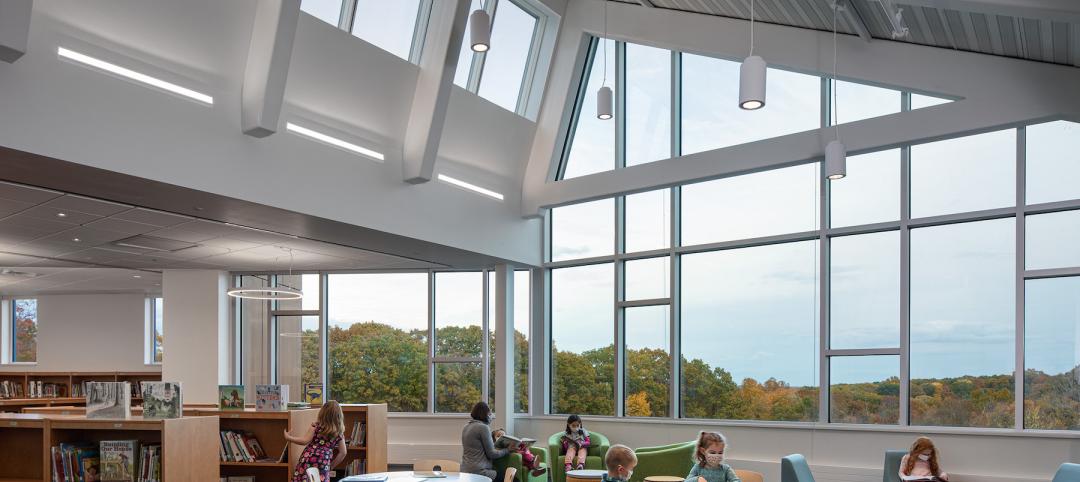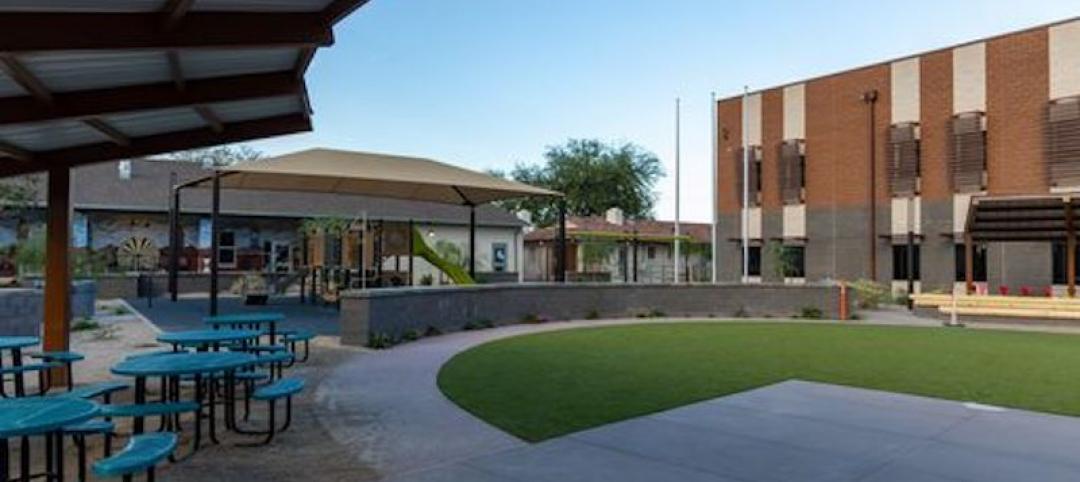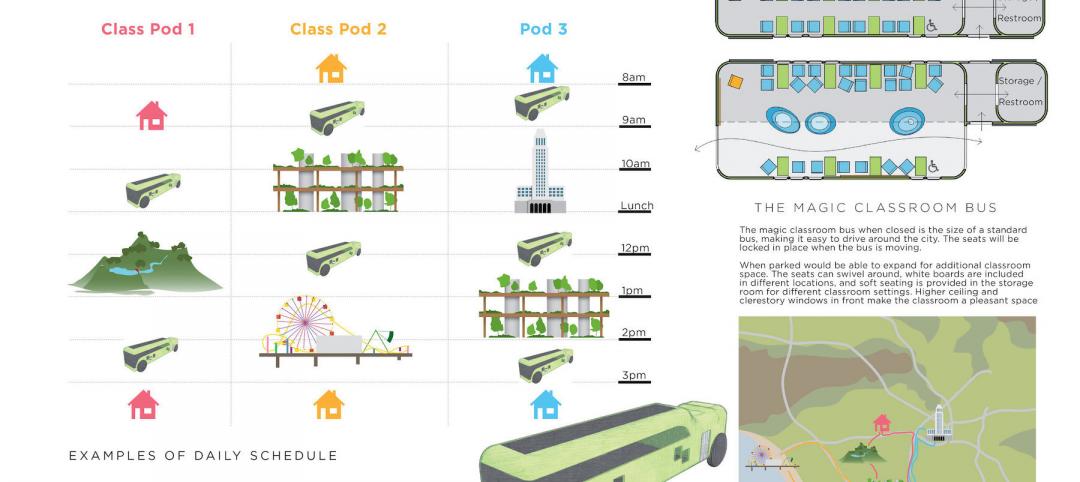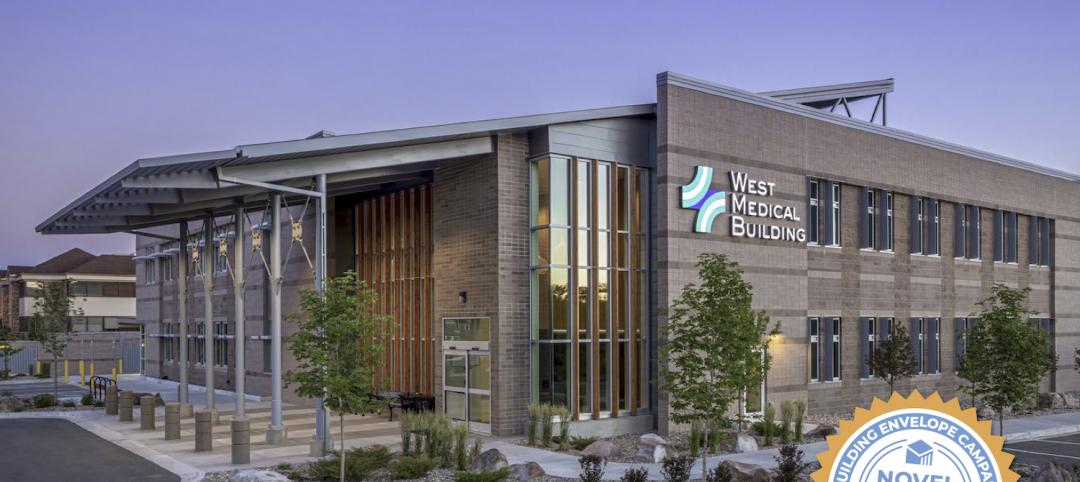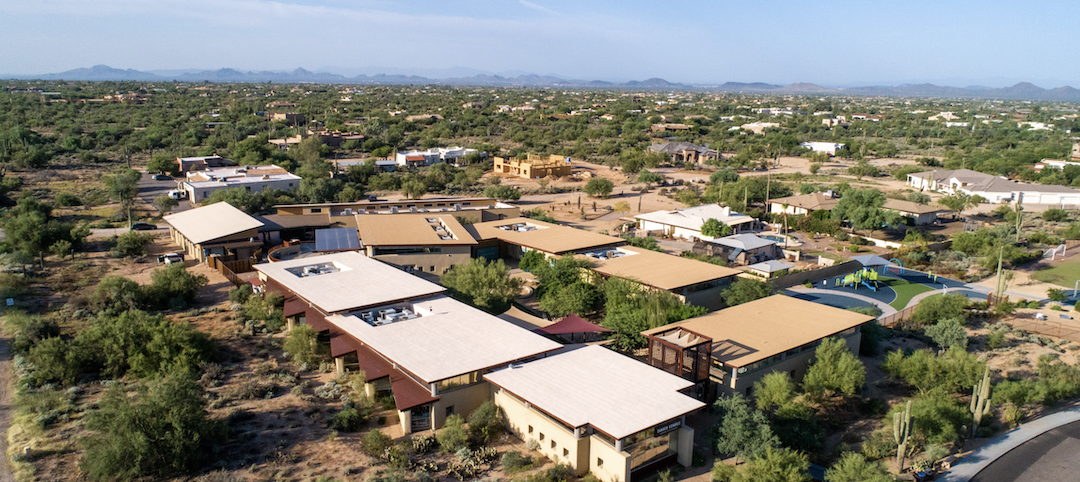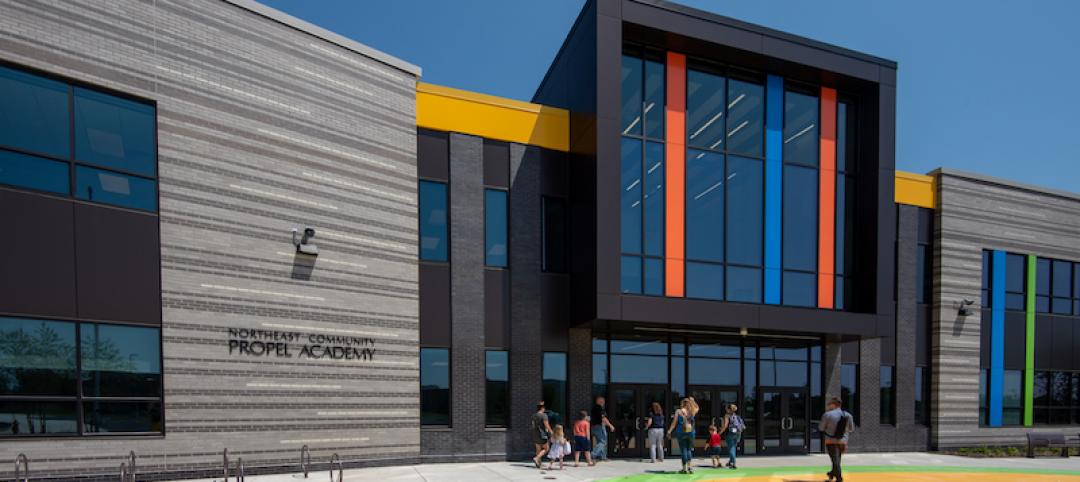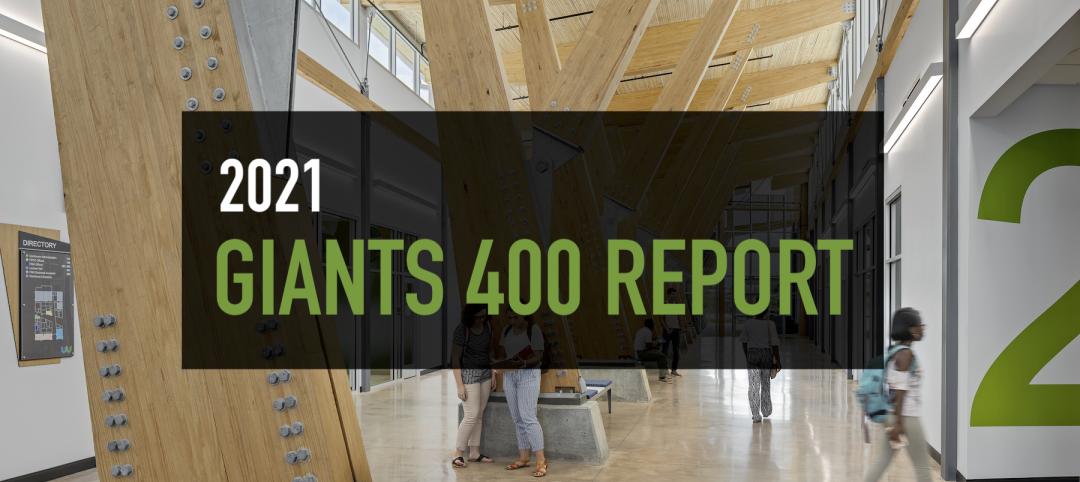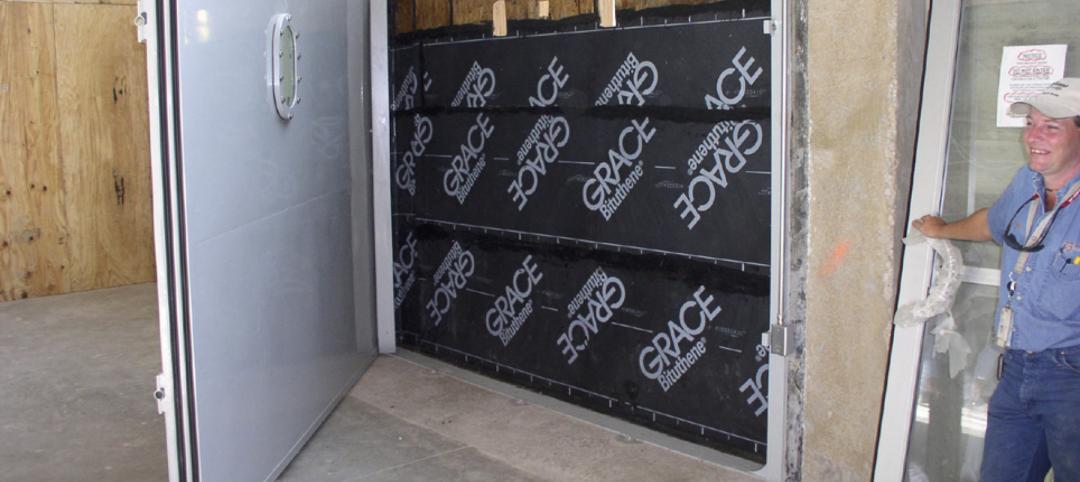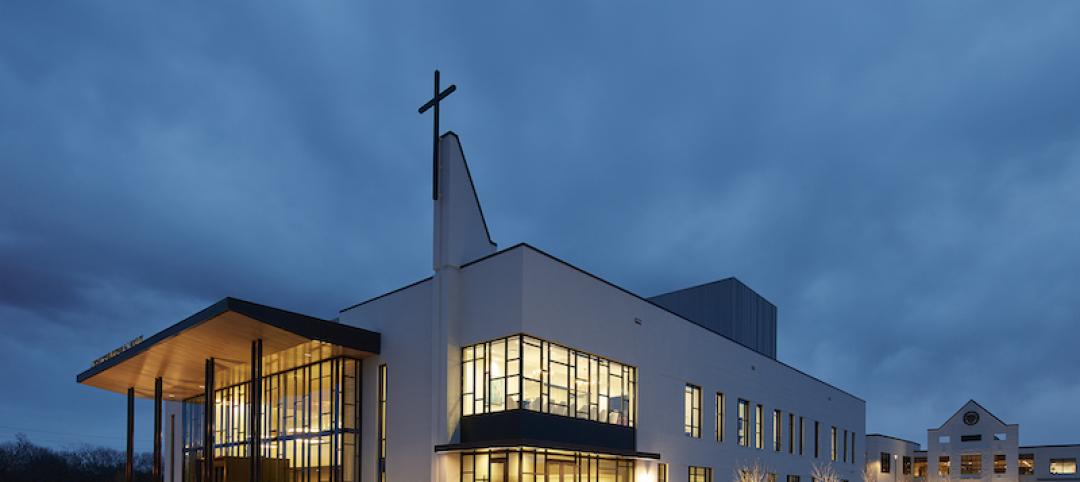Jim Wilson thinks that, in their haste to make their schools modern and efficient, some school districts are installing energy management systems that are overtaxing the ability of their maintenance staffs.
Wilson owns JFW Inc., a 25-year-old project management company in Gaithersburg, Md. Most of the K-12 work he does is with private schools like Sidwell Friends, the Quaker school that President Obama’s daughters attend. Wilson says that Sidwell’s middle school has 3,000 contact points that have to be monitored, which puts a significant burden on the facility’s maintenance staff.
He says energy codes keep raising the complexity level of what’s being installed. Maintenance crews are having trouble keeping up with EMS technology that has jumped by leaps and bounds over the past 10 years. “We didn’t have all of these [air exchange] requirements that we do now,” he says.
Wilson recounts one school’s head of maintenance who was so flummoxed by the facility’s systems that he operated the building as if it were occupied 24/7 so he didn’t have to deal with the controls. “I got a call from the school asking why its electric bills were running sky high,” says Wilson.
Jim Deluge, a Project Executive with Turner Construction, believes that maintenance staffs have a responsibility to “catch up” to the sophistication level of these new EMS systems. On the flip side, HMC Architects’ Sandy Kate thinks problems could be reduced if maintenance staff were included in early planning meetings before construction begins.
School district officials who recognize this potential problem but still want state-of-the-art operating systems will sometimes outsource the monitoring. DRL Group’s Jim French says his firm’s engineers have the ability to remotely monitor a client’s systems and let that school know almost immediately if anything’s askew.
“You have to be careful not to get too exotic,” says Fanning Howey’s Chuck Tyler. The design firm recently worked with a school district in Belleville, Mich., that demanded the systems for a 320,000-sf high school be simple enough for the district’s current maintenance personnel to manage.
Wilson contends that some schools simply don’t need the high-octane systems they specify. One project he worked on called for a $180,000 EMS. What ultimately got installed, he says, was a $40,000 system “that can do pretty much what’s needed in the building” and matches the skill set of the maintenance team.
When school districts demand the latest and greatest, they need to think about how those choices will impact the district’s facilities employees. On one recent project in Connecticut, Wilson had the contractor conduct six months of training sessions for the maintenance staff. “You can’t learn this stuff in two days of classes.”
Related Stories
K-12 Schools | Nov 16, 2021
Massachusetts’ first net-positive energy public school opens
Part of the town of Westborough’s goal to be carbon-neutral by 2035.
K-12 Schools | Nov 14, 2021
New Blackwater Community School completed for Gila River Indian Community, in Arizona
Construction on the new Blackwater Community School, a two-story structure on the Gila River Indian Community, located southeast of Phoenix, Arizona, was completed on August 31, 2021.
K-12 Schools | Nov 10, 2021
K-12 school design innovation: 'Learning Everywhere' and the mobile classroom
Last September, AIA San Francisco awarded the Professional Category in its 2021 Future Classroom Competition to a five-person team from Culver City, Calif.-based Berliner Architects. The firm was selected for its “Learning Everywhere” idea that features a mobile strategy for education at school, home, on field trips, and in transit. BD+C's John Caulfield discuss that concept with Richard Berliner, AIA, Principal, Berliner Architects.
Cladding and Facade Systems | Oct 26, 2021
14 projects recognized by DOE for high-performance building envelope design
The inaugural class of DOE’s Better Buildings Building Envelope Campaign includes a medical office building that uses hybrid vacuum-insulated glass and a net-zero concrete-and-timber community center.
School Construction | Sep 30, 2021
Renovation of Candeo North Scottsdale completes
SPS+ Architects designed the project, which was built by Adolfson & Peterson.
| Sep 20, 2021
K-12 school design trends for 2021, with Wold's Vaughn Dierks
K-12 school design exert Vaughn Dierks discusses the latest K-12 school design trends and needs.
K-12 Schools | Sep 5, 2021
Philadelphia builds a new school in under 18 months, thanks to a P3 pact between the school district and developer
Gilbane and Stantec were key players in the design and construction of Propel Academy.
Giants 400 | Aug 30, 2021
2021 Giants 400 Report: Ranking the largest architecture, engineering, and construction firms in the U.S.
The 2021 Giants 400 Report includes more than 130 rankings across 25 building sectors and specialty categories.
Resiliency | Aug 19, 2021
White paper outlines cost-effective flood protection approaches for building owners
A new white paper from Walter P Moore offers an in-depth review of the flood protection process and proven approaches.
K-12 Schools | Aug 18, 2021
Hastings Architecture completes two new K-12 projects in Nashville
The projects have very different programs but both play critical roles on their respective campuses.



